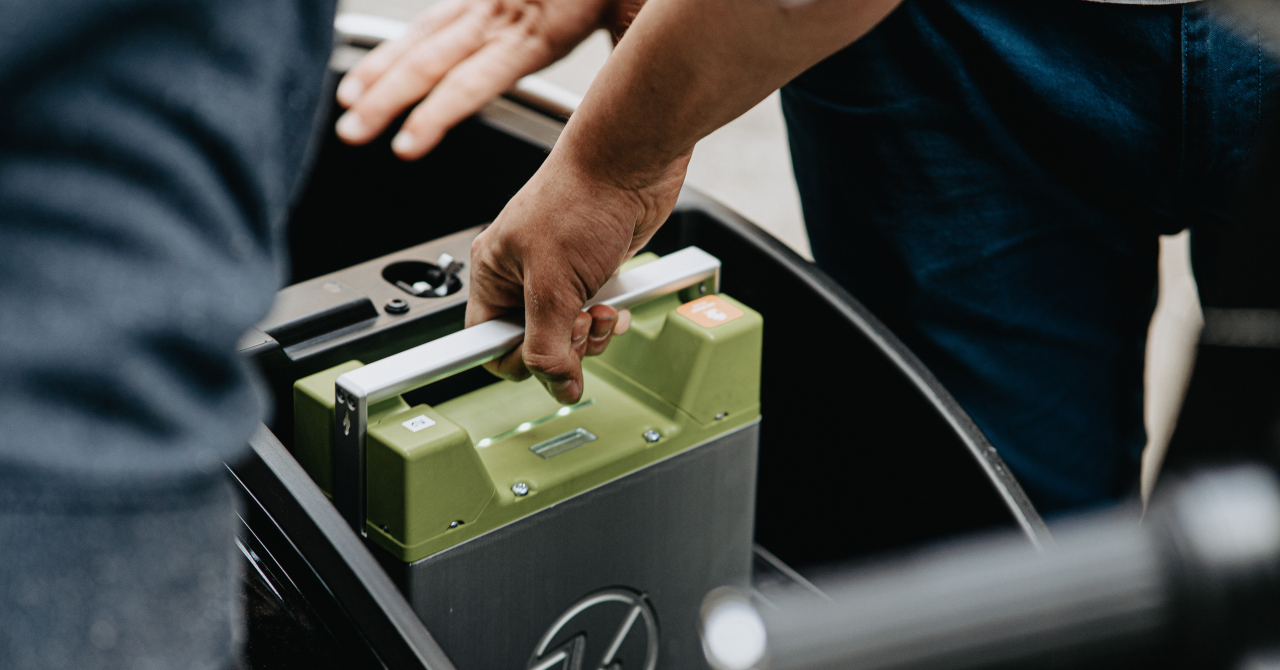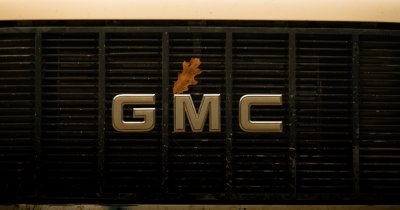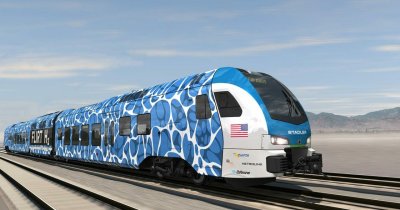According to Electrive, customers that have or plan to buy a MAN commercial EV are being trained to treat the battery the best way possible so that degradation is happening at a slower rate.
Company officials say that "if parts of the battery pack suffer a defect during use, e.g. individual modules no longer function, repair of the battery is planned as a first measure. The battery can then be used again in the vehicle."
"The batteries that come back to MAN after use in the vehicle are analyzed intensively. In the event that the battery packs can no longer be used as so-called traction batteries, they are forwarded to secondary applications", the statement continues.
If a repair is being invoked, there are three options, the first one being the re-implementation of the cell in the vehicle.
If the battery can't be properly repaired and is deemed unsuitable for EV use, it will be installed in a stationary storage solution and if the battery isn't suited even for this, it will then be recycled to recover essential minerals.
The German company is currently working with many partners, including the University of Kassel, to figure out how to develop the energy storage systems.
MAN will be offering 120 battery packs, each with a capacity of 18.6kWh to a storage manufacturer which will implement the packs in energy storage solutions.
As far as recycling goes, the company will use a mechanical process followed by a hydrometallurgical one to recover things like cobalt, nickel and lithium.
Recovered materials will be implemented into new battery cells.
"At present, the recycling rate is more than 70% in relation to the weight of the battery", according to MAN officials.
Second-life battery strategies are important since "the number of batteries that have come to the end of their service life in vehicles will therefore only reach industrial levels in around 10 to 15 years", according to the company.
 Mihai - Cristian Ioniță
Mihai - Cristian Ioniță












Any thoughts?